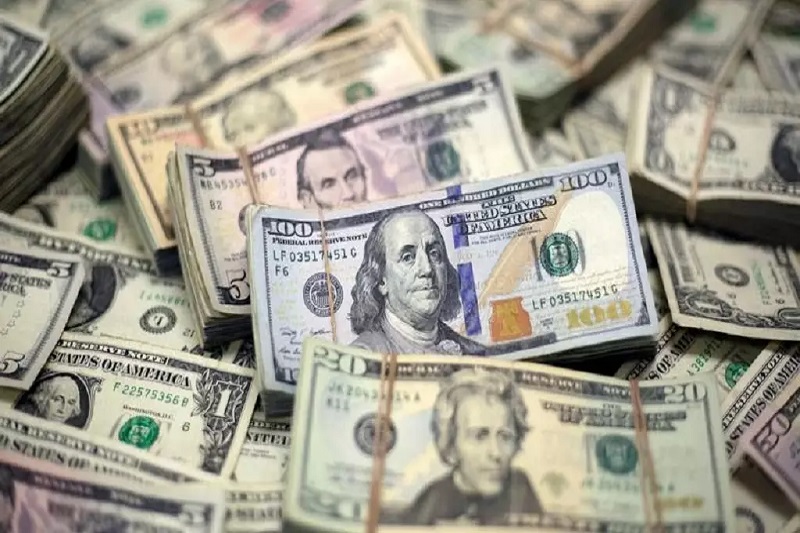In an effort to shore up declining foreign reserves in one of Africa’s main economies, Ethiopia has ordered banks to withhold foreign currency from businesses that are importing non-priority commodities. This move was made in response to a growing trade deficit. Since companies are required to register with banks in order to get the foreign money necessary to bring goods into the country, this action essentially freezes the import of dozens of different products, such as alcohol and automobiles.
In a letter addressed to Ethiopia’s central bank, the Ministry of Finance explained that it had become essential to limit the use of foreign currency to the purchase of food, medication, and medical equipment, as well as raw materials for manufacturing. In a letter posted to his Twitter account on Saturday, Industry Minister Melaku Alebel Addis said, “Therefore, we are sending a list of commodities that will not be allowed FX for an indefinite amount of time.”
In the list of approximately forty products, there are categories ranging from automobiles and motorbikes to wall clocks, umbrellas, rugs, and soaps, as well as alcoholic beverages, perfumes, and cigarettes. There are no recent numbers that are available to the public on Ethiopia’s reserves of foreign currency.
Related Posts
According to a report published in a regional daily called the Reporter, the National Bank of Ethiopia revealed at the end of March that the country’s reserves had dropped to $1.6 billion by the end of 2021, which would cover less than 2 months’ worth of imports. According to a quarterly bulletin released by the French Treasury earlier this month, Ethiopia is “in a structural shortage of foreign currency.” Ethiopia is a country that gets a lot of its goods and services from other countries.
The laws governing the possession of foreign currency in Ethiopia, both by individuals and by enterprises, have been lately reinforced, and the country’s authorities have instituted a complete prohibition on any and all transactions involving foreign cash. In addition, this month there was a crackdown on the black market for the exchange of foreign currency. On the black market, the value of one US dollar can reach almost twice that of the official exchange rate when there is a rise in demand.
This month, the central bank also made an announcement that it had frozen close to four hundred bank accounts that were suspected to be linked to illegal currency trading. Also, the bank promised financial rewards to people who turned on people in the parallel market.

